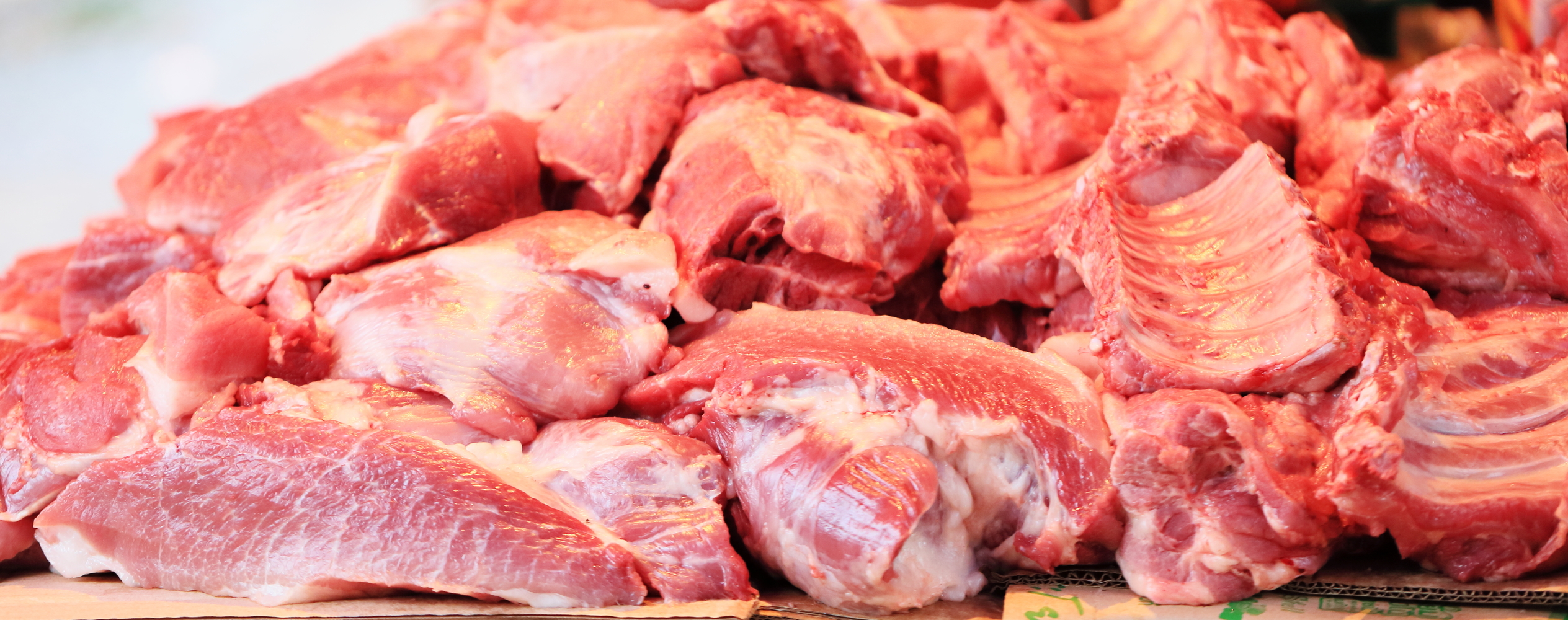Foods to eat and avoid for people with gout
Gout is a particular type of arthritis that is prevalent in the country and leads to severe pain and swelling in the joints, along with redness and tenderness. Excess uric acid in the body that is not excreted gets deposited in the joints in the form of crystals and leads to inflammation and swelling. People with gout are seen with swollen fingers, wrists, toes (especially the big toe), heels, and knees.

What to eat
The foods one is planning to eat should be low in purine and fructose as both of these can increase the risk of gout and trigger gout attacks. The best foods to include in the diet of gout patients are as mentioned:
- All kinds of nuts and seeds
- All types of legumes are safe like tofu, soybeans, lentils, and such
- Whole grains like brown rice, quinoa, and barley
- Plant-based oils like coconut, flaxseed, olive, and canola oil
- Any kind of dairy products are safe, but low-fat versions are better options
- All vegetables
- Beverages like green tea, coffee, and tea
- All herbs and spices
- All fruits, and cherries even help prevent gout attacks as they reduce inflammation and uric acid levels
What not to eat
High-purine foods should be avoided, along with high-fructose foods, as they are major threats to gout attacks. The foods that should be avoided by gout patients are as follows:
- Organ meat like liver, kidney, and brain
- Veal, pheasant, sweetbreads, and venison
- Fish like mackerel, tuna, sardines, haddock, and anchovies
- Seafood, including prawns, crab, scallops, and roe
- Any kind of soda drinks or fruit juices that are high in fructose
- Honey, agave nectar, and sweetened corn syrup
- Yeast and beverages containing yeast or any supplement
- Cookies, cakes, and confectionery items
Food being a trigger for gout attacks is a major concern, especially for foodies. Studies suggest that it is an exception to have high-purine food not triggering gout attacks, while soda drinks that are high in fructose trigger attacks although there is no purine content. This happens because cellular processes are accelerated, which raises uric acid levels. Consulting a doctor and taking advice from the right dietician or nutritionist to help follow the correct diet for this condition can go a long way in helping one to manage the condition.


